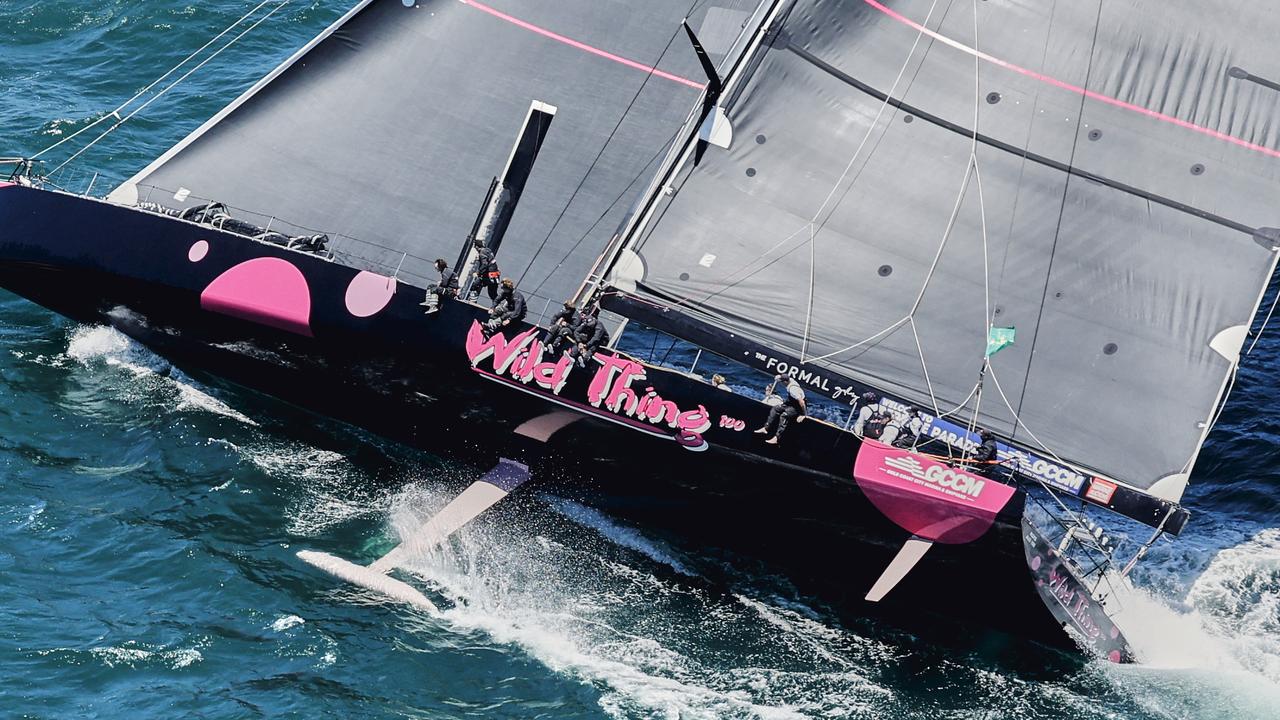Sydney rolling on with the new Metro as Melbourne stalls at the unbuilt station
It’s a tale of two cities – Sydney brightly celebrating an economic boom on the back of a new $21 billion Metro, while over the border the Bleak City remains stalled amid the half-finished plans for an unbuilt airport line.
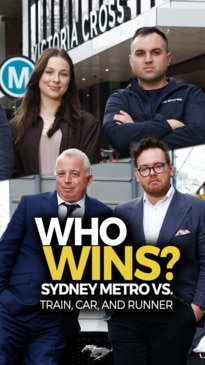
NSW
Don't miss out on the headlines from NSW. Followed categories will be added to My News.
It is a tale of two cities – one brightly celebrating an economic boom on the back of a new $21 billion Metro and the other stalled amid the half finished plans for an unbuilt airport line.
As almost 200,000 jumped on board the Sydney Metro that is predicted to bring $11 billion a year in economic activity, Melbourne was lamenting an extra $2 billion cost for yet another delay to its long awaited Melbourne Airport Rail Link.
The new Sydney Metro from Tallawong to Sydenham has been hailed as revolutionary as John Bradfield’s Harbour Bridge was in joining the city in 1932. But Sydney’s leaders have been warned not to lose the momentum or risk ending up in the doldrums like our Victorian neighbour.
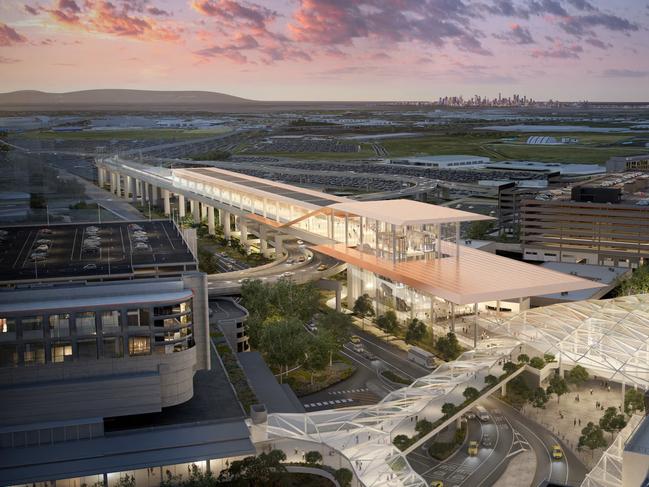
“We really need to build on the momentum, not follow Melbourne into lethargy,” said Urban Taskforce chief executive Tom Forrest.
“The contrast with Melbourne is stark,” he said. The train link to Sydney Airport open just after the 2000 Olympics but in Melbourne there are traffic queues to Tullamarine as the rail link is put on hold again.
Committee for Sydney chief executive Eamon Waterford said research found that NSW is currently spending $25 billion a year on transport infrastructure which equates to 3.5 per cent of gross state product.
“If we’re serious about maintaining the momentum, we need to commit to delivering this year on year, for the foreseeable future,” he said. “When you remember this is going to change our city for the next 100 years, dollar-for-dollar, it’s an absolute bargain.
“It’s important to remember this project took eight years to deliver, so we need to be planning now for the next line, and the line after that.”
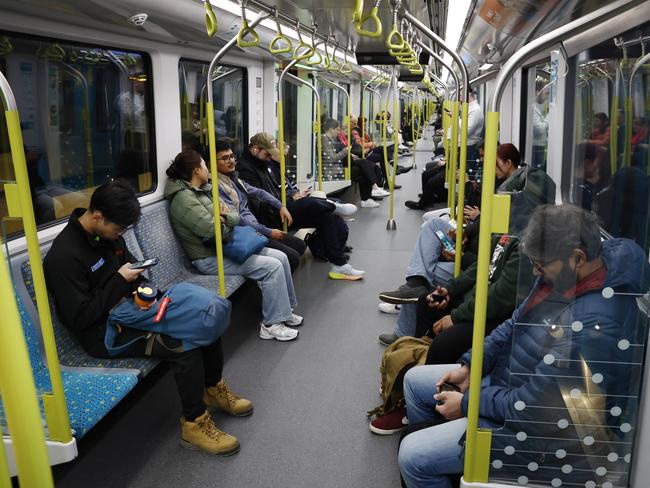
He said keeping infrastructure projects rolling was easier than going from a stop-start “boom bust” cycle that took years between projects to get moving again.
“The state’s built up a 50,000 strong workforce to deliver this project – it’s a powerhouse industry in its own right, but if we stop building, they’ll leave and it’ll take years to rebuild,” he said.
Paul Nicolau, executive director of Business Sydney, said the instant adoption of the Metro by 190,000 commuters on day one showed the anticipated $11 billion economic benefit “could be a conservative estimate”.
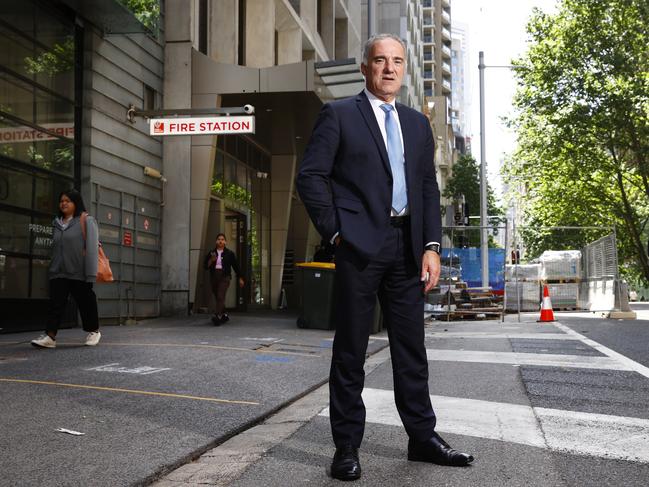
He said that unlike leaders in Melbourne, the political leaders in Sydney were “clearly big thinkers” capable of devising and delivering big infrastructure projects.
“It’s a great thing for our city that both the previous government and the current one combined to deliver the Metro extension,” he said.





